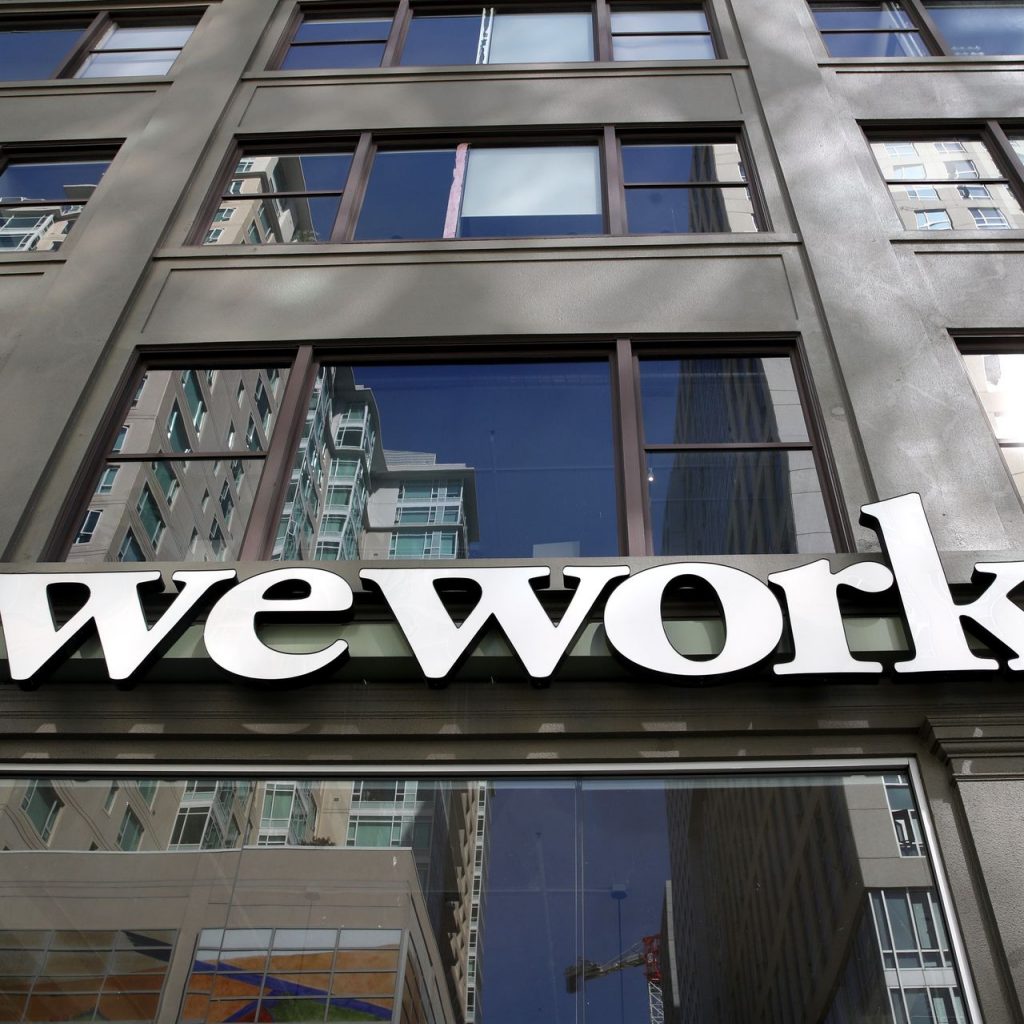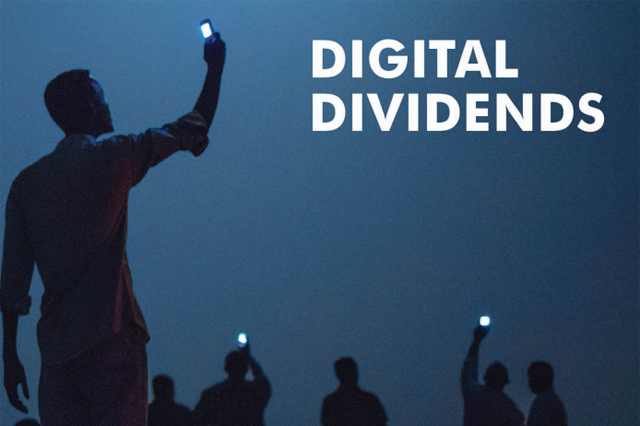A disruptive innovation in business is something that creates a new market and value network. Eventually, as the disruptor’s new market and network grows, established market leaders, products, and relationships are displaced from their market-leading positions. In short, disruption is like having a new sheriff in town.
Here’s a look at three disruptive innovations that were – and still are – very good for business.
Airbnb
Airbnb is a privately-owned rental accommodation website that now operates in almost every country around the world.
The platform allows people to rent out their extra rooms or their entire home to leisure and business guests looking for a place to stay for a few days, weeks, or even months. Founded as a couch-surfing business in 2007 with no revenues, Airbnb is now valued at $38 billion according to Forbes.
The company has helped to revolutionize the tourism industry and is battling head-on with the established hotel industry in many markets. Airbnb also introduced the concept of time-sharing under-used housing space in a major way to both property owners and users alike.
Uber
Uber is a ride-hailing company whose mobile app operates in 60 countries and 400 cities around the world. Using a smartphone’s GPS system, the service allows users to enter their destination, receive real-time prices for rides at much lower rates than those offered by traditional taxis, and be picked up usually in a matter of minutes.
Uber is disrupting the taxi industry, facing violent protests in some cities from the taxi establishment. Uber is also giving a boost to the freelance industry by allowing people with good cars and customer service skills to serve as drivers and make extra money from their vehicles when and where they choose.
Founded in March of 2009, Uber’s gross annual revenues are now about $12 billion, a 41% increase year-over-year. Uber plans to file for its IPO this year with analysts trying to put a finger on exactly how much the company might be worth.
Toyota recently invested $500 million in the company, suggesting a market value of $76 billion. Last October, a report in Bloomberg speculated that Uber could be worth upwards of $120 billion.
Coworking
Coworking office operators such as WeWork and Knotel are making a profound impact in commercial real estate markets around the world. They’re changing the way that tenants view space for their business and forcing property owners and management companies to become service providers rather than just rent collectors.
While coworking concepts vary from place to place, they generally follow the same basic formula: Coworking operators master lease large amounts of office space, buildout the space with furniture, fixtures, and amenities – such as staffed reception areas, state-of-the-art meeting rooms, and private and shared work areas – and then sublease smaller portions of the newly improved space to tenants by the hour, day, week, or month.
Originally the coworking concept sought to take advantage of the growing gig and freelance economies. Self-employed people and start-up businesses simply couldn’t afford to sign long-term leases and pay for their own TIs. That money could be put to better use by reinvesting in their own business.
Today, companies of all shapes and sizes include coworking office space in their real estate portfolios. While small businesses are still coworking customers, Fortune 500 companies such as Microsoft and Starbucks also make use of the flexibility and convenience that coworking space offers. This diverse customer base is one reason why WeWork is now the largest private occupied of office space in Manhattan, with about 5.3 million square feet.
Other industries are also generating new incremental revenue for themselves by leasing out unused space during off-peak hours. Restaurants that are only open for dinner are discovering there’s extra money to be made by turning square footage unused during the day and afternoons into coworking space. Many hotels are repositioning their lobbies and lounge areas into coworking offices during the times of day and week that hotel use is low.




